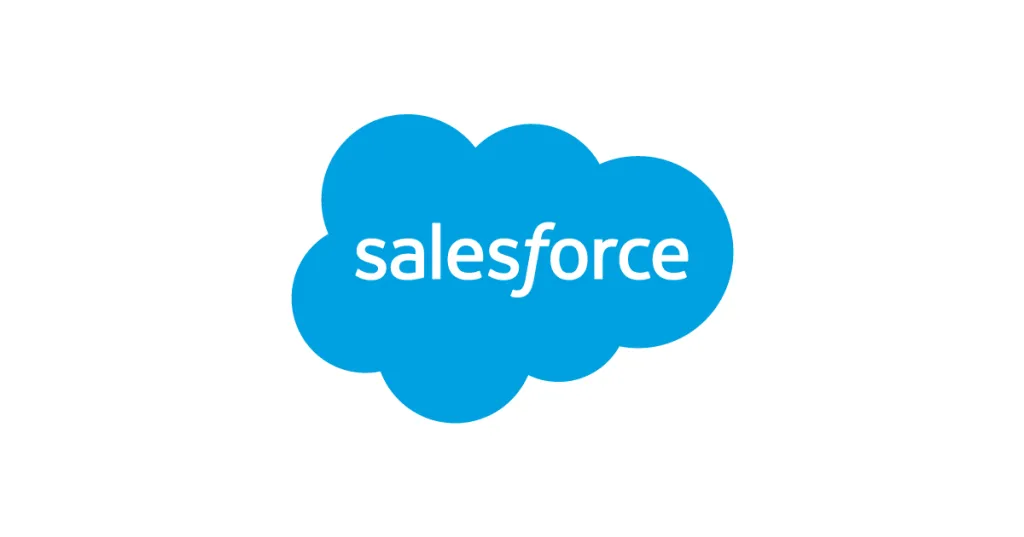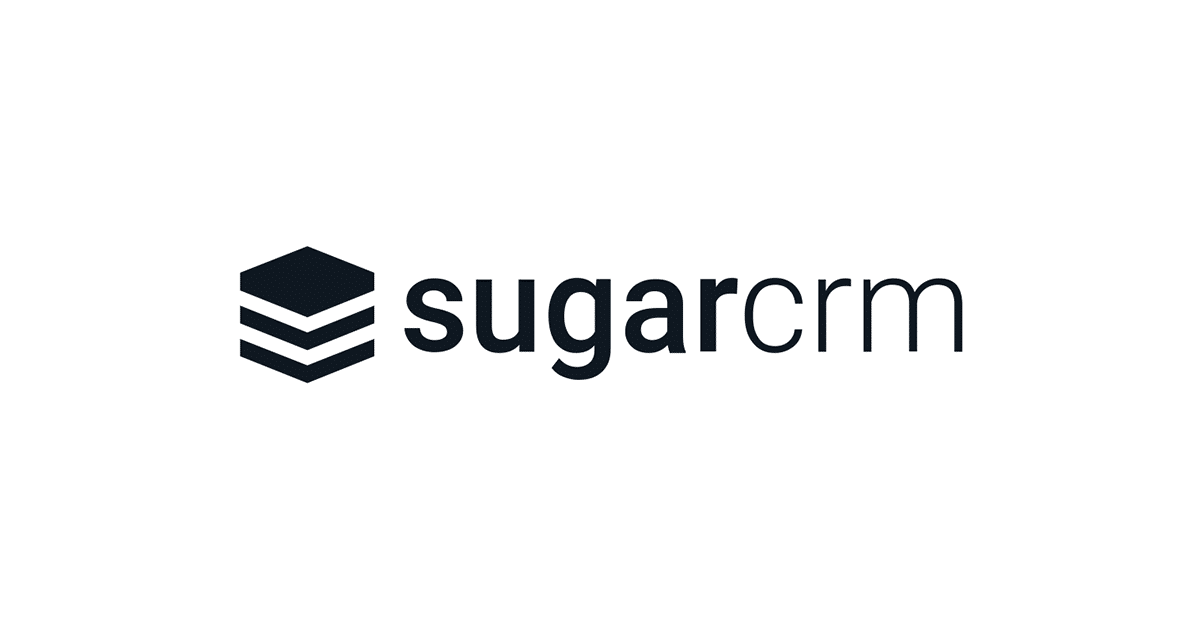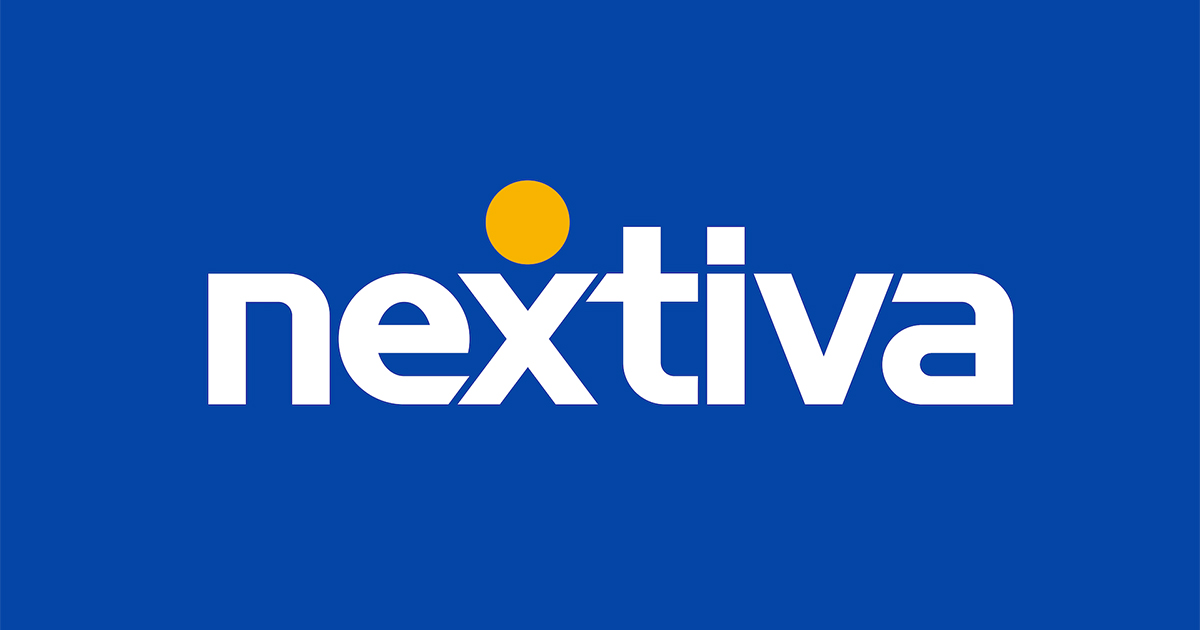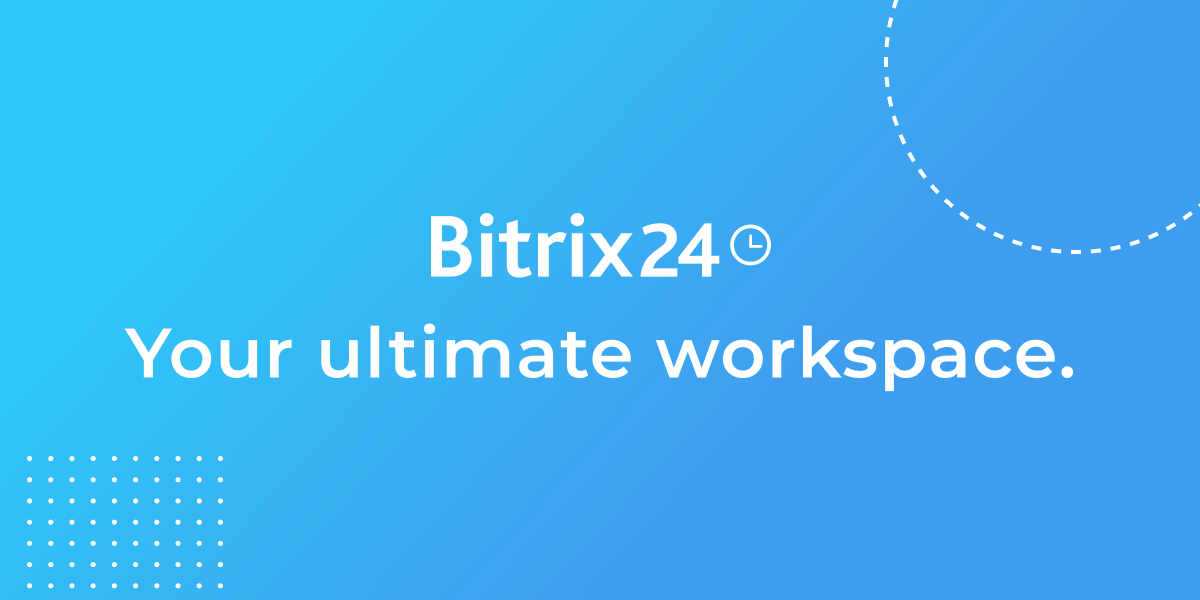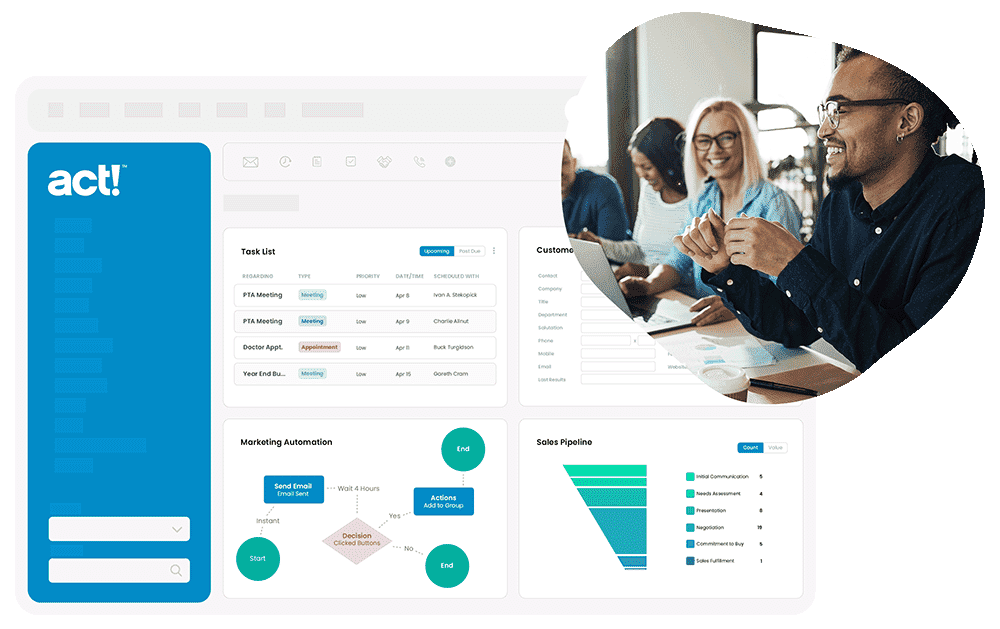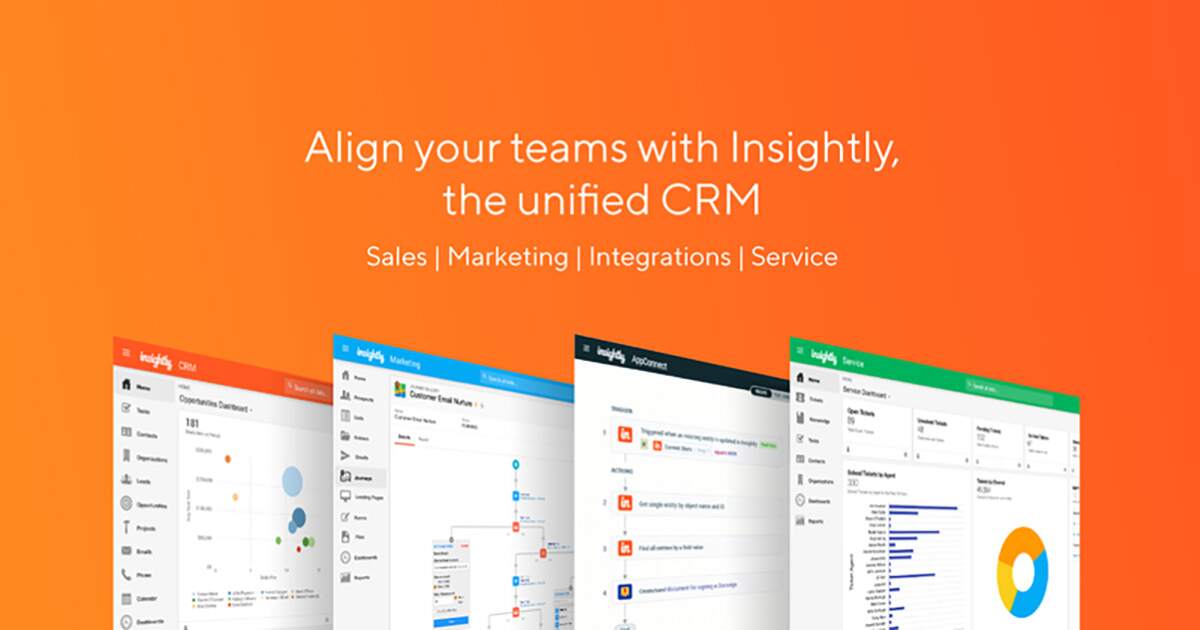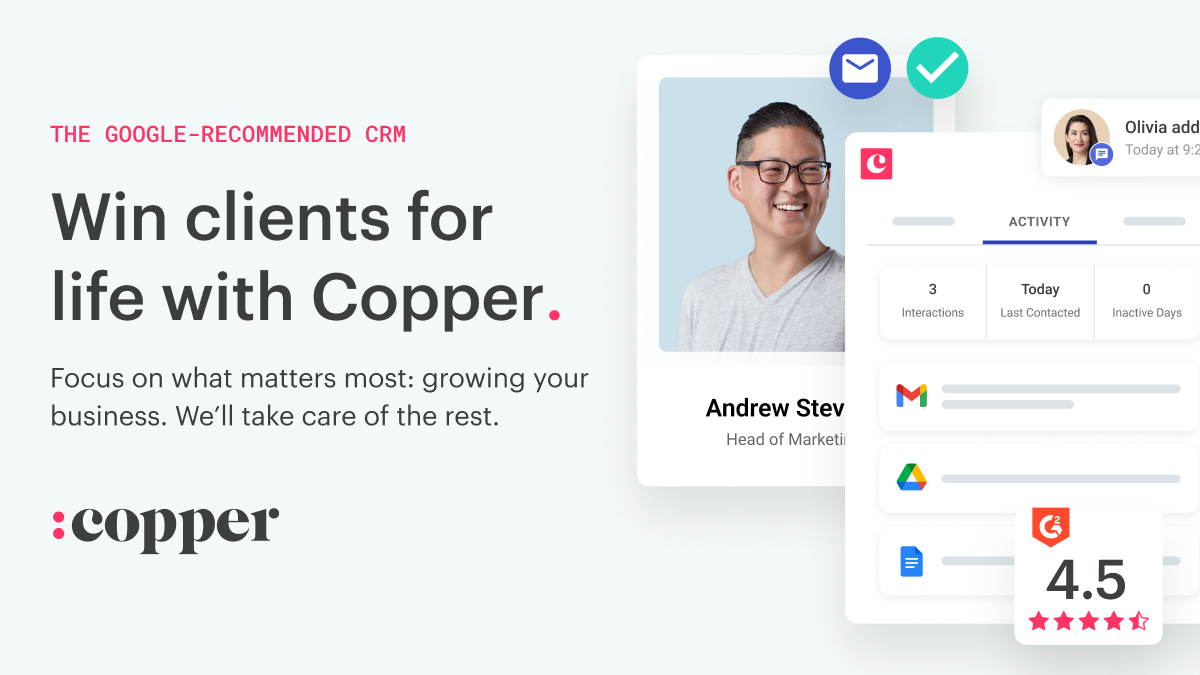Introduction
Customer relationship management (CRM) software has become essential for small businesses to effectively manage contacts, track leads and sales, and drive better customer outcomes. However, with dozens of options available, choosing the right CRM can be overwhelming. This post aims to simplify the selection process by evaluating the top 15 most popular CRM platforms based on various qualitative and quantitative factors.
Methods of Evaluation
We evaluated each CRM platform based on key criteria like features, pricing, support, security and ease of use. In addition, we also factored in more objective popularity metrics like the number of backlinks, average monthly traffic and keyword search trends to better understand overall market presence and mindshare. This provided a more well-rounded perspective on each vendor beyond just the qualitative aspect.
1. Salesforce Essentials
Salesforce Essentials is a CRM software designed for small businesses. It is part of the larger Salesforce platform and offers basic CRM functions to help small businesses manage contacts, track opportunities and automate workflows. Salesforce Essentials provides an easy to use system for small businesses to gain more visibility into their customer relationships.
Pros: Some key advantages of Salesforce Essentials include:
– Intuitive dashboard and menu navigation
– Powerful pipeline and data visualization
– Wide ranging data capture and storage
– Robust sales automation features
– Strong lead management
– Excellent mobile app
Cons: A potential disadvantage is that as a basic CRM, Salesforce Essentials may lack some advanced features found in more full-featured CRM software solutions targeted at larger enterprises.
Pricing: Salesforce Essentials has an intuitive free version available for up to 10 users. Paid plans start at $25 per user per month for the Professional edition.
Some key stats about Salesforce Essentials include:
– Used by over 150,000 small businesses globally
– Integrates with over 1,500 apps on the Salesforce AppExchange
– Mobile app available on iOS and Android devices
2. UserVoice
UserVoice is a leading product feedback management platform that helps companies capture, organize, prioritize and respond to customer feedback. Founded in 2011, UserVoice has helped over 10,000 companies and organizations worldwide improve their products based on customer input. Their powerful yet intuitive software is focused on enabling easy feedback collection from any customer touchpoint and centralizing that feedback in one place to inform roadmap and product decisions.
Pros: Some key advantages of UserVoice include:
– Feedback management focused tool designed specifically for product feedback workflows
– Contact management capabilities and workflows to route support cases from feedback
– Integrated community forums and voting to engage large customer bases
– Highly customizable through an admin portal to fit a company’s unique processes
– Affordable pricing plans tailored for small and growing product teams
Cons: One potential disadvantage is that while UserVoice is focused on feedback management, it does not provide the full breadth of capabilities expected from a dedicated CRM solution, such as advanced marketing automation or sales force automation features.
Pricing: UserVoice offers transparent monthly pricing plans starting at $49/month for the Essentials plan for up to 3 users. Their most popular plan is Pro at $99/month for up to 10 users. They also offer Enterprise pricing tailored for larger organizations.
Some key stats about UserVoice include:
– Over 10,000 customers worldwide including companies like IBM, GE, CBS, Anthropic and many others
– Integrations with major platforms like GitHub, Jira, Trello and Slack
– Collected over 100 million user feedback ideas, votes and comments to date
– Community of over 25 million users providing feedback to companies
3. Pipedrive
Pipedrive is a CRM software designed for small businesses. Founded in 2010, Pipedrive provides an easy-to-use sales pipeline management tool to help businesses organize leads and close more deals. With over 90,000 customers worldwide, Pipedrive is one of the most popular CRM options for small businesses looking for an affordable solution.
Pros: Some of the main advantages of Pipedrive include:
– Sales focused pipeline management
– Excellent mobile functionality
– Affordable pricing plans starting at $12/user per month
– Customizable deal stages to map your sales process
– Robust email integration for tracking communications
– Strong native iOS and Android apps
Cons: One potential downside is that Pipedrive is more focused on sales compared to other CRM platforms, so it may not be as well-suited for customer service or marketing use cases.
Pricing: Pipedrive offers three pricing tiers:
– Free plan (limited to 3 users)
– Starter plan at $12/user per month billed annually
– Premium plan at $18/user per month billed annually
Some key stats about Pipedrive include:
– Used by over 90,000 customers globally
– Integrates with over 200 apps including Gmail, Outlook, Google Chrome, and Slack
– Available in over 30 languages
– Supports teams of all sizes from freelancers to enterprises
4. Drift
Drift is a leading conversational marketing and sales platform. Founded in 2015, Drift helps companies engage with potential customers through live chat, messaging, video and phone calls to have natural conversations that drive quality leads and strong customer relationships. With offices in San Francisco and Boston, Drift currently has over 2,500 customers worldwide including IBM, Anthropic, and Hubspot.
Pros: Some key advantages of Drift include:
– Awesome live chat capabilities that allow seamless conversations across channels
– Robust CRM platform that combines conversations with contact and account data
– Customizable pipeline tracking that lets you define your own sales stages
– Clean and modern interface that is intuitive for both sales and customer use
Cons: One potential disadvantage is that the pricing may be higher than some other alternatives for very small businesses on tighter budgets.
Pricing: Drift offers three pricing tiers:
– Professional: Starting at $50/agent/month for up to 5 agents
– Advanced: Starting at $75/agent/month for up to 20 agents
– Enterprise: Custom pricing for large teams
Some key stats about Drift include:
– Serves over 2,500 customers globally
– Handles over 1 million conversations per month
– Has over 500 employees
– Raised over $280 million in funding
5. SugarCRM
SugarCRM is a customer relationship management (CRM) software designed for small and medium-sized businesses. Founded in 2004 and headquartered in Sunnyvale, California, SugarCRM aims to help companies create customers for life through a CRM platform that is customizable, scalable, and easy for teams to adopt. With over 1 million users globally, SugarCRM strives to offer robust but affordable CRM capabilities through both an on-premise and cloud-based software-as-a-service model.
Pros: Some key advantages of SugarCRM include:
– Robust customization capabilities through drag-and-drop configuration and custom fields
– Powerful workflow automation through visual process builder and approval routing
– Excellent search functionality across all objects and records
– Strong integration capabilities with many popular business apps
– Feature-rich for the price point with CRM essentials included
– Focus on scalability through its flexible cloud architecture
Cons: A potential disadvantage is that the customization interface may require some technical skills for more advanced configurations or custom workflows compared to lower-code competitors.
Pricing: SugarCRM offers three standard pricing plans – Essentials, Professional, and Enterprise. Pricing is per user per month and ranges from $45 to $150 depending on the number of users and desired features. Custom pricing is also available for larger teams.
Some key stats about SugarCRM include:
– Over 1 million total users worldwide
– Available in over 40 languages
– Integrates with over 300 applications including Slack, HubSpot, and Zapier
– 99.9% uptime Service Level Agreement for cloud customers
6. Nextiva CRM
Nextiva CRM is a customer relationship management software geared towards small and medium sized businesses. Founded in 2006, Nextiva provides communication and collaboration tools to help businesses operate more efficiently. The CRM product aims to give SMBs an all-in-one solution for managing contacts, leads, and keeping track of sales opportunities.
Pros: Some key advantages of Nextiva CRM include: tight integration with Nextiva’s phone system for seamless call tracking; robust lead management and customized contact/pipeline views; excellent customization options for reminders, notifications and workflows; strong reporting on metrics like lead sources and deal stages; targets the needs of SMBs well with affordable pricing plans.
Cons: One potential disadvantage is that the CRM is meant to complement Nextiva’s phone system product, so standalone CRM functionality may be limited compared to all-in-one competitors.
Pricing: Nextiva CRM pricing starts at $24.95 per user per month for the standard plan, which supports up to 30 users. The professional plan is $34.95 per user per month and unlocks additional features like customized workflows and email tracking. Both plans offer a free 30 day trial.
Some key stats about Nextiva CRM include: – Used by over 100,000 businesses worldwide – Integrates with their own VoIP phone system – Supports up to 30 active users on the standard plan – Robust pipeline views and customizable filters to track deals – Over 20 customized fields to track additional contact details
7. Bitrix24
Bitrix24 is an all-in-one free online workspace for small businesses. It includes a robust CRM, marketing automation, tasks, documents, pipelines and online meetings capabilities to help small businesses manage their sales, projects and team.
Pros: Some key advantages of Bitrix24 include: – Robust contact management – Powerful pipeline tracking – Customizable workflows – Excellent calendar integration – Affordable starting price point of free – Strong CRM/ERP focus to manage all business processes
Cons: One potential disadvantage is the free version has limited storage and users so may not scale for very large teams.
Pricing: Bitrix24 offers a free basic plan for up to 3 users with 1GB of storage. Paid plans start at $15/user per month for the standard plan with unlimited storage and users.
Some key stats about Bitrix24 include: – Used by over 4 million users worldwide – Available in over 35 languages – Integrates with over 250 applications including Google, Microsoft, Zoom and more
8. Act!
Act! is a CRM software made for small businesses. Since its inception in 1985, Act! has focused on providing an easy to use yet full-featured CRM specifically tailored for SMBs. It helps organizations effectively manage contacts, track communications and opportunities, automate marketing workflows, and much more.
Pros: Some key advantages of Act! include:
– Rich feature set for managing contacts, communications, marketing automation and more tailored specifically for SMBs
– Workflows can be customized without code to automatically handle business processes
– Robust contact management capabilities for keeping profiles of customers and leads organized
– Excellent mobile functionality through dedicated iOS and Android apps
– Powerful email integration for marketing campaigns and automated follow-ups
– Great for sales and marketing teams to work together on opportunities and automated processes
Cons: One potential disadvantage is that the pricing may be on the higher side for some very small businesses. However, for most small to mid-sized companies, Act! provides an excellent feature-set at a fair price.
Pricing: Act! offers several pricing plans starting from $25/month for a Solo plan suited for individual users up to $75/month for a Pro plan that supports up to 3 users. It also offers flexible annual and multi-year subscription options.
Some key stats about Act! include:
– Over 1 million users worldwide
– Available in over 25 languages
– Integrations with over 150 apps including Shopify, QuickBooks, and Microsoft Office
– Award-winning 24/7 phone and email support
9. Insightly CRM
Insightly CRM is an affordable and intuitive customer relationship management (CRM) software for small businesses. Founded in 2005, Insightly is based in San Francisco and offers a modern CRM platform that is designed to be simple and easy to use. With over 100,000 customers worldwide, Insightly aims to provide small businesses with powerful CRM capabilities without the high price tag.
Pros: Some of the main advantages of Insightly CRM include:
– Intuitive and simple to use interface that doesn’t require training
– Very affordable starting price point that scales with business needs
– Powerful contact and pipeline tracking to manage leads and sales
– Strong sales automation capabilities to streamline follow up and tasks
– Highly customizable reporting on KPIs and pipeline analytics
– Large partner ecosystem with many available app integrations
Cons: A potential disadvantage is that the basic plan has limited storage and functionality. For larger and more established businesses, a more full-featured alternative may be required.
Pricing: Insightly CRM offers three pricing tiers:
– Basic – $12/user/month – Suitable for solopreneurs and small teams
– Professional – $25/user/month – Additional storage and customizable workflows
– Enterprise – Custom quote – White glove service and unlimited storage
Some key stats about Insightly CRM include:
– Used by over 100,000 small businesses globally
– Starts from just $12 per user per month for the basic plan
– Features fully customizable pipelines, contacts, tasks and reports
– Integrates with over 250 apps including Microsoft, Salesforce, Shopify and more
10. Act-On
Act-On is a leading marketing automation platform for small businesses. Founded in 2005, Act-On helps over 8,000 customers grow their business through powerful and cost-effective marketing automation solutions. The platform provides robust features to help companies efficiently coordinate marketing campaigns, generate more leads, and convert more prospects into customers.
Pros: Some key advantages of Act-On include:
– Robust marketing automation capabilities to streamline campaigns
– Powerful lead management and workflow tools to track leads over time
– Highly customizable workflows to automate multi-step marketing processes
– Strong support for scaling as businesses grow their lead generation and customer base
– Affordable starting pricing with no long-term contracts
Cons: One potential disadvantage is that the more robust features of Act-On come with its higher-tier pricing plans, which may not fit all small business budgets.
Pricing: Act-On offers three pricing tiers for its marketing automation platform:
– Solo Plan: Starting at $50/month based on usage and includes basic features
– Professional Plan: Starting at $150/month and adds more advanced features
-ultimate Plan: Starting at $400/month and provides all features including enterprise-level support
Some key stats about Act-On include:
– Over 8,000 customers worldwide
– Processes over 1 billion marketing messages per year
– More than 18 billion automated marketing interactions delivered annually
11. FreeAgent CRM
FreeAgent CRM is a powerful customer relationship management solution designed specifically for small businesses. Based in the UK, FreeAgent provides integrated accounting, billing and CRM software to help small companies manage their financials and customer relationships.
Pros: Some key advantages of FreeAgent CRM include:
– Customizable contact and account views to organize data as needed.
– Robust activity and timeline tracking to stay on top of deals and projects.
– Excellent calendar integration to manage schedules across teams.
– Powerful reporting tools to analyze customer trends and metrics.
– Strong focus on workflows and processes tailored to UK businesses.
Cons: One potential disadvantage is that FreeAgent CRM is really designed for SMBs rather than large enterprises. It may not have the same level of configuration options and scalability as some larger CRM platforms.
Pricing: FreeAgent CRM pricing starts at £12/user per month for the Essential plan (up to 3 users), including integrated accounting. The Standard plan is £20/user (up to 10 users) and Premium is £30/user with no upper user limit. All plans include full CRM functionality along with various FreeAgent financial modules.
Some key stats about FreeAgent CRM include:
– Used by over 50,000 small businesses in the UK and globally.
– Integrates seamlessly with FreeAgent’s accounting software for end-to-end financial management.
– Customers include consultancies, creative agencies, software vendors and more.
12. ClearBit
Clearbit is a B2B marketing intelligence platform that helps companies like yours power their go-to-market efforts through contact data enrichment, sales process automation, and AI-powered insights. With Clearbit, you can look up and verify business contacts, automate your sales workflows through CRM integrations, and gain visibility into your pipeline and opportunities through AI forecasting.
Pros: Some key advantages of Clearbit include:
– Business contact lookup and verification to find accurate contact information
– Sales process automation through CRM integrations to streamline workflows
– AI-powered pipeline management and opportunity forecasting for visibility
– Integrated Chrome and Gmail browser extensions for on-the-go enrichment
– Free tier that is suitable for small businesses and startups
Cons: One potential disadvantage is that Clearbit’s premium pricing tiers could be too expensive for some very small businesses or solopreneurs with limited marketing budgets.
Pricing: Clearbit offers a free tier suitable for startups as well as standard and enterprise paid plans starting at $99/month. Pricing is based on monthly active users and additional features like admin controls, custom reporting, and dedicated support are included in the higher tiers.
Some key stats about Clearbit include:
– Over 5 million companies and 100+ million business professionals in their database
– Integrations with major CRMs like Salesforce, Hubspot, Microsoft Dynamics
– Access to company, contact, and domain intelligence across technologies
– Over 10,000 customers including startups and enterprises
13. Timely CRM
Timely is an AI-powered time tracking software developed by Timely, Inc. Founded in 2014, Timely helps teams and small businesses track their time accurately in order to report client, project and work hours easily. With customizable workflows and robust features, Timely offers an affordable and intuitive solution for time tracking needs.
Pros: Some key advantages of Timely include:
– Affordable pricing plans for small teams
– Beautiful and intuitive user interface
– Ability to create customizable workflows for tracking time
– Robust features for reporting, invoicing and team management
Cons: A potential disadvantage is that the free plan only allows for tracking time on 3 projects. More advanced features require an upgraded paid plan.
Pricing: Timely offers 3 pricing tiers – Free, Premium and Business. Pricing ranges from $0 for the free tier up to $12/user per month for the Business tier. The Premium plan costs $5/user per month and unlocks additional features.
Some key stats about Timely include:
– Used by over 50,000 teams globally
– Tracking over 5 million hours every month
– Integrations with over 150 different apps including Slack, Asana, Jira and Dropbox
14. Streak CRM
Streak is a CRM platform that integrates directly with Gmail. Founded in 2012, Streak has grown to support over 100,000 users globally. Streak aims to provide a simple and intuitive CRM solution directly within Gmail to help streamline workflows and interactions.
Pros: Some key advantages of Streak include:
– Customizable pipelines to track progress of leads and deals
– Robust email integration that turns emails into CRM records
– Clean and intuitive interface built for power users and novices alike
– Mobile accessibility so data is available anywhere
– Integrations with over 300 third party apps like Zapier and Dropbox
– Specifically targeted at the needs of fast-growing companies
Cons: One potential disadvantage is that being Gmail-centric may not be suitable for larger enterprises with strict internal systems already in place.
Pricing: Streak offers three pricing tiers:
– Free Plan: Free forever for up to 10 users
– Premium Plan: $12/user per month billed annually
– Business Plan: Custom pricing for teams over 50 users
Some key stats about Streak include:
– Over 100,000 users worldwide
– Integrates with Gmail and Google Workspace
– Used by growth-stage companies to manage leads, deals, support, and more
– Mobile apps available for both iOS and Android
15. Copper CRM
Copper is a customer relationship management (CRM) platform designed specifically for small businesses. Founded in 2011 and headquartered in San Francisco, Copper helps businesses win clients for life by streamlining workflows, managing contacts, and facilitating collaboration among team members. Their CRM platform aims to enhance customer relationships through customizable sales and marketing automation.
Pros: Key advantages of using Copper CRM for small businesses include customizable workflows, robust contact management, strong calendar integration, excellent reporting, powerful task management, and a focus on team collaboration.
Cons: One potential disadvantage is that the more robust features are primarily suited for growing small businesses rather than sole proprietors or very small teams. The pricing may also be somewhat higher than entry-level CRM options.
Pricing: Copper offers 3 pricing tiers: Basic ($15/user/month billed annually), Professional ($25/user/month billed annually), Enterprise (custom quote). All tiers include unlimited contacts, customizable workflows, tasks and calendar, and supportbasic marketing and sales automationcapabilities.
Some key stats about Copper include: Used by over 30,000 businesses worldwide; Supports teams of up to 25 users; Integrates with over 100 other business apps including G Suite, Stripe, MailChimp, QuickBooks, and more; Backed by over $50 million in funding.
Conclusion
Hopefully this comprehensive evaluation of the top 15 CRM software options provides useful insights to help you select the right platform for your unique small business needs. While qualitative criteria remain important, factoring in objective popularity metrics can also be instructive to gauge overall market leadership and longevity. The top choices based on all parameters evaluated are Salesforce, Pipedrive and Bitrix24 but the right fit will vary depending on your specific use cases and budget.




